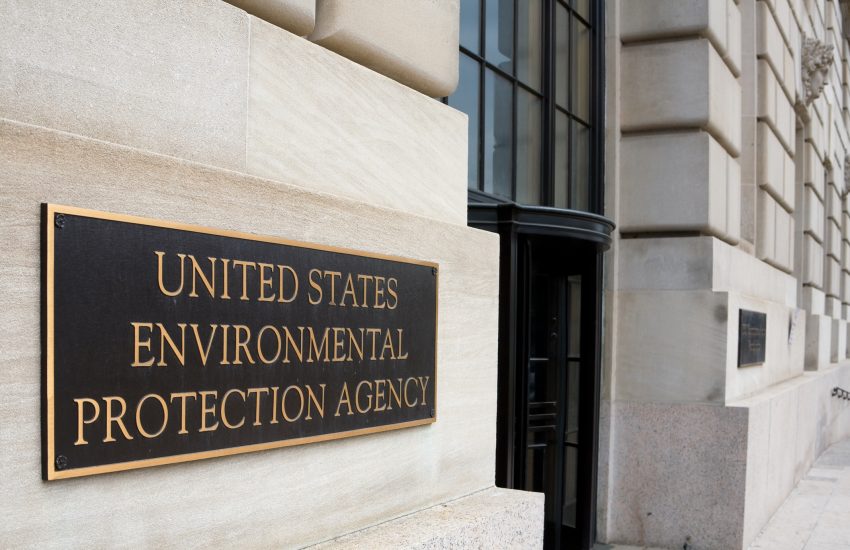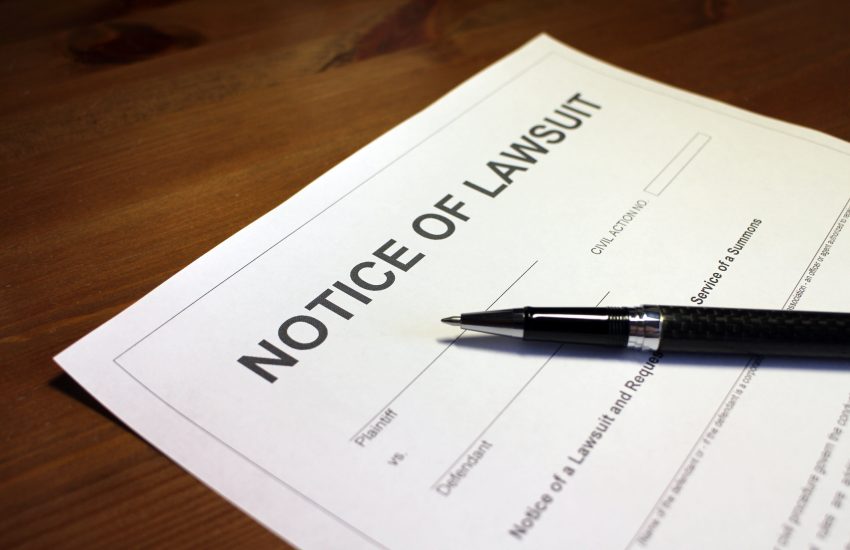In a landmark decision, a North Dakota jury has ordered Greenpeace to pay over $660 million in damages to Energy Transfer, the company behind the Dakota Access Pipeline (DAPL). This verdict stems from Greenpeace’s involvement in the 2016-2017 protests against the pipeline’s construction near the Standing Rock Indian Reservation. Energy Transfer accused Greenpeace of defamation, trespassing, nuisance, and civil conspiracy, alleging that the organization orchestrated violent protests and disseminated false information about the pipeline, leading to significant financial losses.
The DAPL project…
Continue Reading









